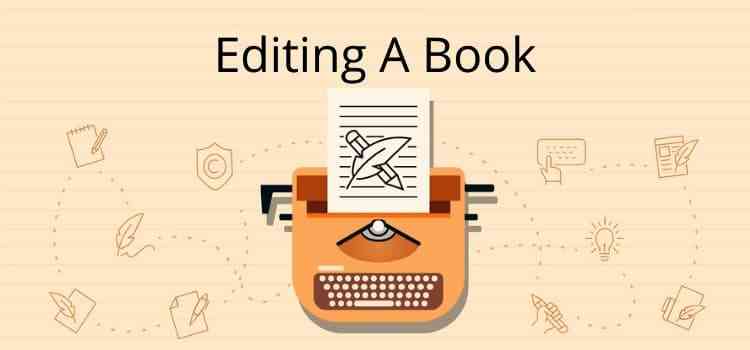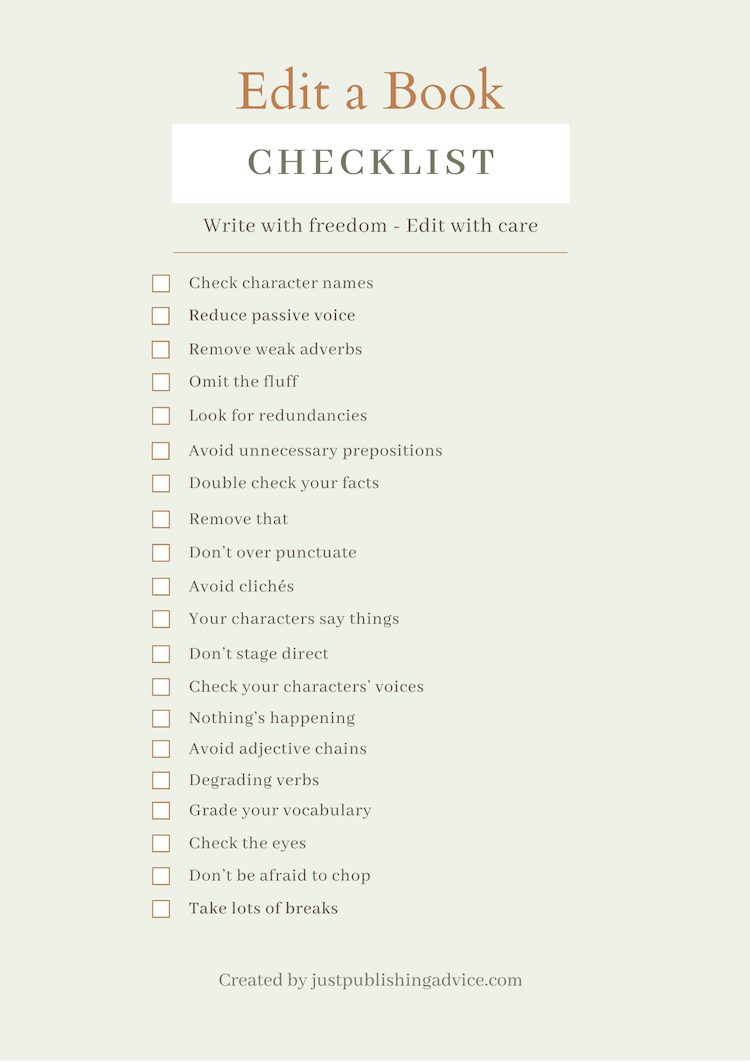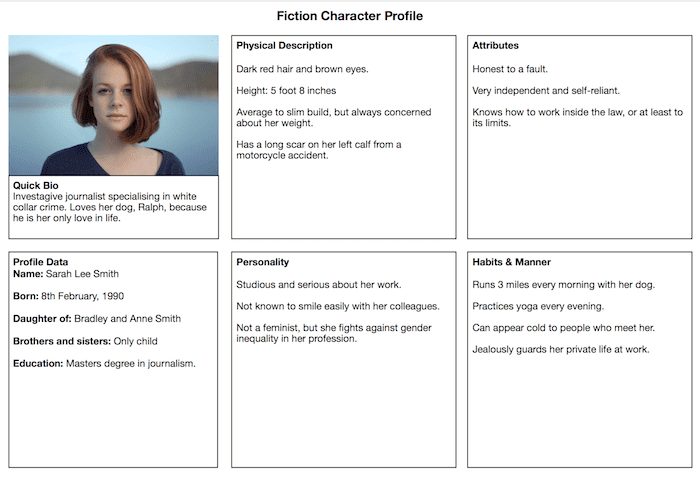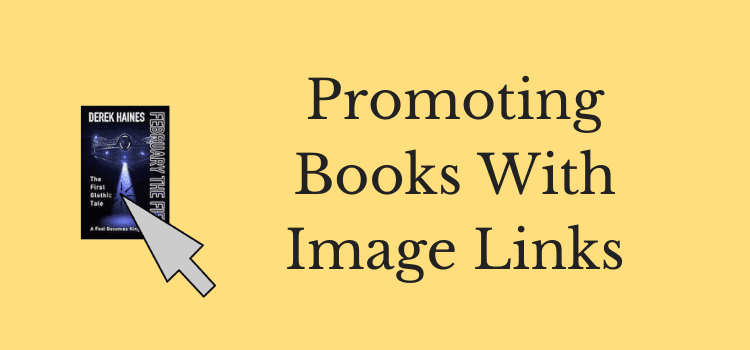
When you sit down to edit a book, you want to improve your story and the quality of your writing.
Doing a thorough grammar and spell check before you start is always a good idea. You also have a choice of free and premium book editing software tools to help you.
But a grammar check can’t edit a story. The editing process starts when you carefully read your manuscript, line by line.
If you don’t have a professional editor, you can learn how to self-edit a book by following the checklist below of twenty areas to check and improve.
Editing is polishing
When you write a book, it takes a long time.
It could be weeks or months between the chapters you’ve written. Because of this, you will likely have some inconsistencies, mismatches, and style changes.
If you can’t afford a professional editing service, you can still improve and polish your manuscript.
It doesn’t matter if you self-publish or try to find a traditional publisher through a literary agent.
You should always aim to make your manuscript as perfect as possible. You are not putting your best foot forward if you send an unedited draft manuscript to an agent or even your beta readers.
Worse still is to self-publish your book without a thorough edit.
The book editing process
There are so many aspects to manuscript editing. You certainly need to focus on character development, maintain a consistent point of view, and look for plot holes.
You also want to pay attention to words and phrases that are overused, inconsistent, or incorrect. This is often referred to as copy editing or perhaps line editing.
Learning how to edit is a slow and painstaking process. But you can make it easier if you have a list of focus points in mind before you begin.
20 Point checklist to edit your book
The following points are the most common areas that usually need careful attention.
Premium tools like Prowritingaid and Grammarly can definitely help you improve your writing clarity and reduce grammar and spelling errors.
But a grammar checker will never find problems in your story.
You can’t rely on a grammar checker to help you when it comes time to edit your manuscript.
Keep the following points in mind as you go through the process of self-editing and improving the quality and accuracy of your writing.
You can use the infographic checklist below to remind you of all the points you need to remember when you edit a book.
Each topic is explained in detail below.

1. Check your characters’ names
There is nothing more annoying for a reader than inconsistency in the spelling of character names.
Ann or Anne, Cathy or Kathy, Jeffrey or Jeffery, Alan or Allan, Allison or Alison, Elizabeth or Elisabeth, or Lindsay or Lindsey?
If you have character profile cards, make a list of all your characters and keep them next to you when you edit.
It is rare that you won’t find typos or misspellings with names.
Check every mention of your characters’ names very carefully.
2. Excessive use of the passive voice
You can’t always avoid using passive sentences, but you should always aim to use them as little as possible.
In most cases, it’s easy to rewrite a sentence in the active voice.
He was shocked when he was sentenced to three months in prison for dangerous driving. Passive
He was shocked when the judge sentenced him to three months in prison for dangerous driving. Active
An easy way to find passive sentences is to use the free Hemingway editor. Then, you can rewrite as many sentences as you can.
3. Remove weak adverbs
Stephen King calls adverbs weeds.
Look for your use of adverbs, especially with dialogue tags, and try to replace them with a strong verb.
“I don’t know if I can take any more of this,” she said quietly.
“I don’t know if I can take any more of this,” she whispered.
The car drove away very quickly.
The car sped away.
4. Omit the fluff
Look for long sentences that can slow down your story.
If you use excessive defining and non-defining clauses or adverbial clauses, you can often delete them.
Here’s an example of fluff in writing.
Well, you know I think it would be better, given what has happened or could happen, if we agreed to postpone the wedding to later in the year. (Fluff)
Let’s put off the wedding because of what’s happening. (Concise)
5. Look for redundancies
Redundancy is when there is a word or phrase that is not necessary or repetitive. In other words, you are saying the same thing twice.
She blinked her eyes. What else can you blink?
He shrugged his shoulders. What other parts of the body can you shrug?
They heard the sound of a car backfiring. A car backfiring makes a loud sound, so there is no need to say it twice.
She wrote an autobiography of her life. An autobiography is always about a person’s life.
6. Avoid unnecessary prepositions
Yes, you can use phrasal verbs. But sometimes, the main verb is strong enough to describe what is happening.
She sat down on the chair.
He started out on his trek to Nepal.
They started up the generator.
7. Double-check your facts and figures
Nothing ruins an author’s credibility faster than getting basic facts wrong.
While it is critical for nonfiction books, it can also apply to fiction novels. Whenever you cite or mention a fact, check that you are correct.
Neil Armstrong set foot on the moon on July 14th, 1968 20th, 1969.
King John ruled during the 14th century. John was King of England from 1199 until his death in 1216.
Typhoid is a viral, bacterial disease spread through contaminated food, water, or close contact.
8. Remove that when possible
Very often, you can remove the pronoun that when it serves no purpose.
It was the same car that he drove to three world championships.
There were three rooms in the house that were painted green.
It’s the smell of roses that I love.
9. Don’t over punctuate
You can be creative with punctuation, but don’t go overboard trying to paint a page with it.
“You know …” he started, “I hate my job! My boss is so … well–nasty and, to be honest, vindictive TOO!”
“I hate my boss because he is nasty and vindictive,” he said.
10. Avoid tired clichés
Expressions like kicked the bucket or as dead as a dodo are always best replaced with a more original phrase. You could just as easily say died.
Also, watch out for situational clichés like there was a knock at the door, or she asked her mirror.
Always aim for originality in your writing wherever possible.
11. Let your characters say things
There are many words for said, but you should go easy on trying to replace it. Readers have a blind spot for he said, she said.
But they don’t have one for annoying dialogue tag verbs that over-explain.
Verbs such as grunted, retorted, wheezed, gasped, sighed, laughed, snorted, exclaimed, or declared are often better changed to said.
Mary was tired and in a bad mood when she got home after work and didn’t feel like cooking. “I think I’ll just order a pizza,” she snorted said.
12. Don’t stage direct
Too much detail can bore readers. There’s no need to explain every small action.
When he arrived home, he reached for his keys in his jacket pocket and tiredly opened the front door before taking off his jacket and flopping onto his sofa, exhausted.
After he arrived home, he flopped onto his sofa.
13. Check your characters’ voices
You should know how your characters talk. Do certain characters use a lot of slang, or do others speak more formally?
Check the register you use for each one and make sure it stays consistent.
If a character says hi y’all, how’s it going or what d’ya mean, it would seem unreal if they suddenly used how do you do, that is gracious of you, or thank you indeed for reminding me.
An excellent way to check this is to copy and paste one character’s dialogue into a document and read it aloud.
14. Nothing’s happening
If nothing is happening, don’t bother explaining it.
He didn’t arrive.
She didn’t say a word.
He didn’t go to the bank.
15. Avoid adjective chains
When you describe something, try to use one strong adjective instead of two or three weaker ones.
The morning was very cold, gray, and bleak.
It was a freezing morning.
16. Degrading verbs
When you see a verb weakened by crutch words such as a little, a bit, almost, or nearly, you can usually avoid using them.
He almost smiled. He tried to smile.
She nearly missed her bus. She just managed to catch the bus.
He was only a little bit late. He was late, but only by a few minutes.
17. Grade your vocabulary
Mark Twain said, “Don’t use a five-dollar word when a fifty-cent word will do.”
Complex words can undoubtedly show off your expansive vocabulary. But they can also drive a reader to a dictionary instead of reading your book.
Go easy on them. It’s better to be understood than to be seen as a sesquipedalian writer.
18. Check the eyes
If your character flashes her big blue eyes in chapter two and then flashes her big brown eyes in chapter eleven, you have a problem to fix.
As part of your editing process, always carefully check your character details and events.
It can happen so easily that a character has two brothers at the start of a story but suddenly has three brothers halfway through.
One of the best ways to maintain consistency is to use character profile cards.

Another element to check is the minor events and details that arise in your story.
In one book I wrote, I remember that a character put a six-pack of beer into his empty refrigerator. Three chapters later, he returned to find only eleven left.
Yes, keep the big picture in mind, but don’t forget about the minor details.
19. Don’t be afraid to chop
More words don’t make for a better story.
Check your narrative, especially, and make sure you are not waffling. World-building and scene-setting are necessary, but don’t let that occupy half of your story.
Only say what needs to be said.
20. Take lots of breaks
Editing a book manuscript takes a long time. Don’t expect to do it all in one day.
Take it one step at a time, and give yourself plenty of rest in between. Then you can come back to your book with fresh eyes.
It’s not about how fast you can edit but how well you can do it.
Use this checklist to help you plan your schedule and tackle one or two issues at a time.
On day one, check your characters’ names. On the second day, check for excessive passive voice. Day three, you choose.
Summary
Some book editors spend more time working on a manuscript than the author spent writing it.
The more time you invest in self-editing your book, the better the final result will be.
If you still plan to hire an editor, it will cost you much less because of all the work you did during your editing.
If your manuscript is close to perfect, you stand a much better chance of success when querying your book to agents.
For self-publishing authors, good self-editing and using beta readers can help you sell many more books.
So many ebooks on Amazon are full of typos and mistakes.
You can rise above the pack with quality writing and editing.
Related reading: How To Check Dialogue Writing Consistency In Your Manuscript
Share This Article



Yes! I happen to believe that Positive and Negative can be as important as Passive and Active.
What do you think?
positive and negative don’t provide for initiative.
passive and active are words which provide for action, indicatig dynamism. they are preferred.